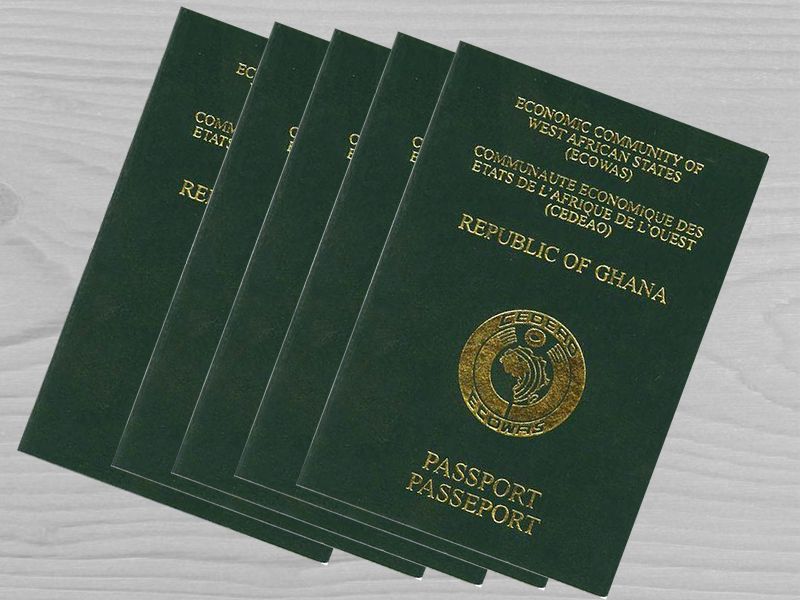

 Ghana could see a surge in remittance flow before the United States implements its five per cent excise tax on remittance transfers in January 2026, according to PricewaterhouseCoopers (PwC).
Ghana could see a surge in remittance flow before the United States implements its five per cent excise tax on remittance transfers in January 2026, according to PricewaterhouseCoopers (PwC).
PwC suggests that Ghanaian illegal immigrants in the US may rush to send funds home before the bill is passed this year.
The Financial Express of India reports that the tax aims to fund extended tax breaks and border security initiatives, potentially raising billions for the US Treasury.
Mr. Abeku Gyan-Quansah, Partner, Tax Services, PwC, told the Ghana News Agency that the bill could drive increased remittance inflows.
“This assumes that the Bill is passed into law this year for implementation from 2026,” he stated.
According to the Federation for American Immigration Reform, a US-based anti-immigration organisation, there are 18.6 million undocumented immigrants in the United States as of March 2025, reflecting an 11 per cent increase from June 2023 and a 28.2 per cent rise since December 2020.
Mr Gyan-Quansah explained that the tax targets undocumented immigrants and could prompt affected Ghanaians to transfer funds home before enforcement.
“Illegal immigrants work in the States to earn money and send to their families. If I have a project to do back home, this is the time I will be doing it… This may increase remittance into the various countries, including Ghana,” he said.
The new bill applies to Ghanaians who enter the US without proper documentation, overstay visas, or violate immigration laws, making them subject to the five per cent tax on remittances.
This aligns with President Donald Trump’s administration’s anti-immigration policies, including the “One Big, Beautiful Bill,” aimed at removing taxpayer benefits for illegal immigrants.
Ghanaians with US citizenship, student visas, or resident permits (Green Card holders) are exempt from paying the tax when sending money home.
The USA Leaders digital platform reports that the policy could impose billions in new costs on migrants who support families or invest in their countries of origin.
Mr Gyan-Quansah urged the Ghanaian government to mitigate the tax’s impact by promoting local entrepreneurship, attracting foreign direct investment (FDI), and encouraging citizens to remain and invest in Ghana.
“Additionally, the government could introduce special diaspora bonds with an annual interest rate exceeding five per cent. This would incentivize the diaspora to invest in these bonds, effectively recouping the taxes while providing the country with valuable funds for development,” he stated.
He expressed optimism that such measures could help Ghana navigate the tax’s challenges, ensure sustainable economic growth, and encourage legal migration.
Source: GNA
The post Introduction of US remittance tax could trigger Ghana inflows – PwC appeared first on Ghana Business News.
Read Full Story


















Facebook
Twitter
Pinterest
Instagram
Google+
YouTube
LinkedIn
RSS